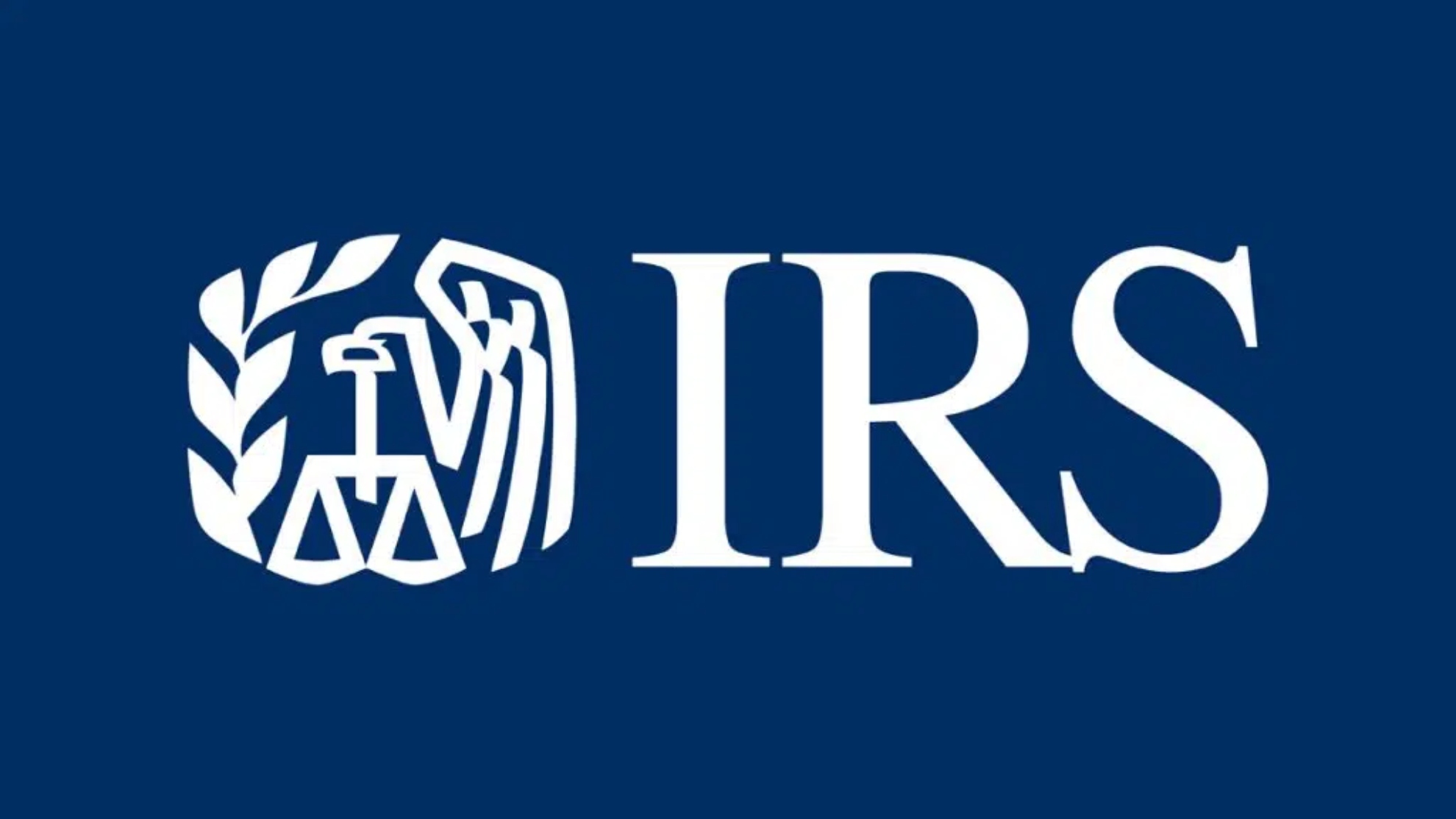On 27 March 2024, the US Internal Revenue Service, in a release—IR-2024-82—announced various tax-filing and tax-payment deadlines for individuals and businesses affected by the 8 August 2023 wildfires in Hawaii had been postponed until 7 August 2024. Previously, the deadline was 15 February 2024. This means that affected individuals, businesses, and tax-exempt organizations will now have until Aug. 7, 2024, to file their 2023 returns and pay any taxes due. This is in addition to the expansive relief announced last August, shortly after the wildfires occurred. The IRS is offering relief to Maui and Hawaii counties, the two areas designated by the Federal Emergency Management Agency (FEMA). Individuals and households that reside or have a business in these localities qualify for tax relief.
Filing and payment relief
The tax relief postpones various tax filing and payment deadlines that occurred from 8 August 2023 through 7 August 2024 (postponement period). As a result, affected individuals and businesses will have until 7 August 2024 to file returns and pay any taxes that were originally due during this period.
This means, for example, that the 7 August 2024 deadline will now apply to:
- Individual income tax returns and payments are normally due on 15 April 2024.
- 2023 contributions to IRAs and health savings accounts for eligible taxpayers.
- Quarterly estimated income tax payments are normally due on 15 September 2023, 16 January 2024, 15 April 2024, and 17 June 2024.
- Quarterly payroll and excise tax returns are normally due on 31 October 2023, 31 January 2024, 30 April 2024, and 31 July 2024.
- Calendar-year partnership and S corporation returns are normally due on 15 March 2024.
- Calendar-year corporation and fiduciary returns and payments are normally due on 15 April 2024.
- Calendar-year tax-exempt organization returns are normally due on 15 May 2024.
In addition, individuals, businesses, and tax-exempt organizations with valid extensions to file their 2022 returns will now have until 7 August 2024 to file them. However, payments on these returns are not eligible for relief because they were originally due before the wildfires occurred.
The IRS automatically provides filing and penalty relief to any taxpayer with an IRS address of record located in the disaster area. These taxpayers do not need to contact the agency to get this relief.
In addition, the IRS will work with any taxpayer who lives outside the disaster area but whose records necessary to meet a deadline occurring during the postponement period are located in the affected area.
The IRS urges anyone who needs an additional tax-filing extension beyond 7 August 2024 for their 2023 federal income tax return to request it electronically by 15 April 2024. Though a disaster-area taxpayer qualifies to request an extension between 15 April 2024 and 7 August 2024, a request filed during this period can only be submitted on paper.
Whether requested electronically or on paper, the taxpayer will then have until 15 October 2024 to file, though payments are still due on 7 August 2024.















